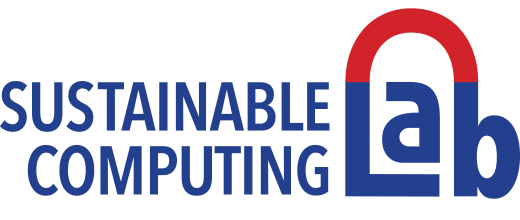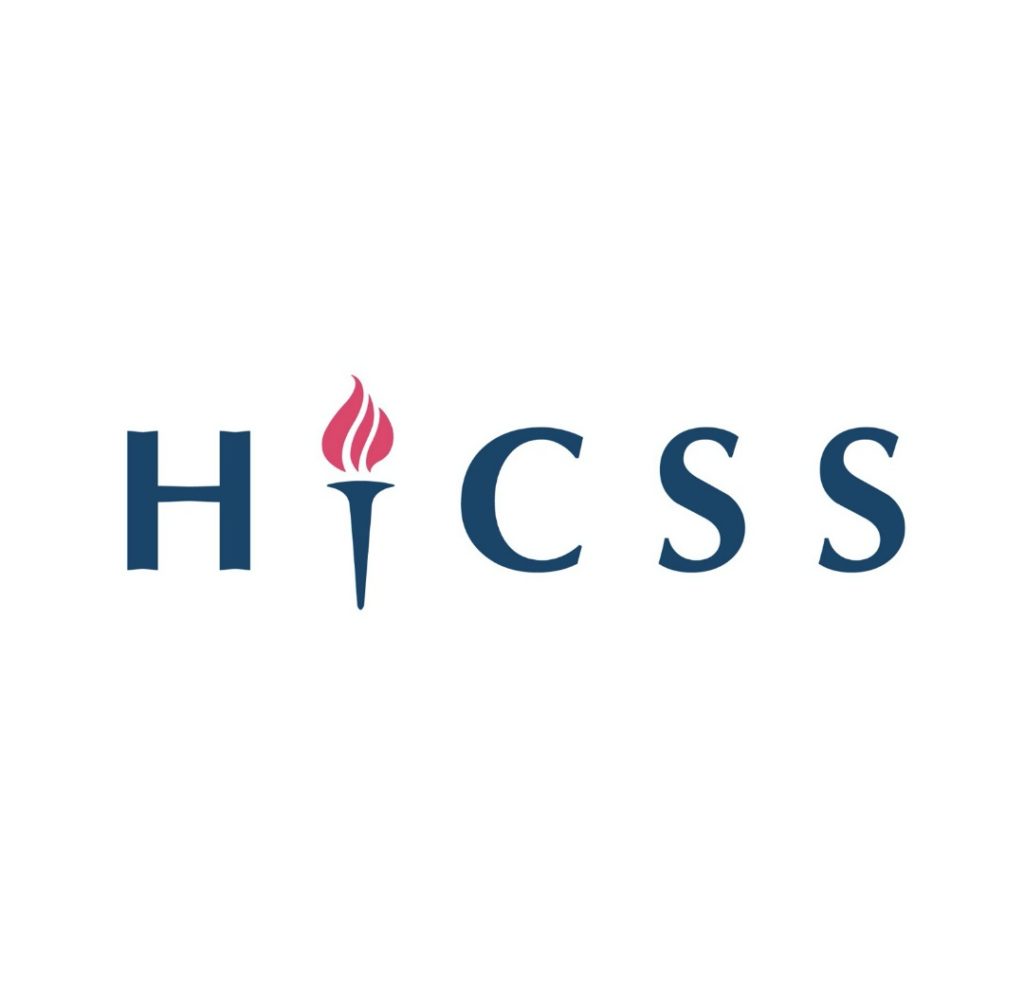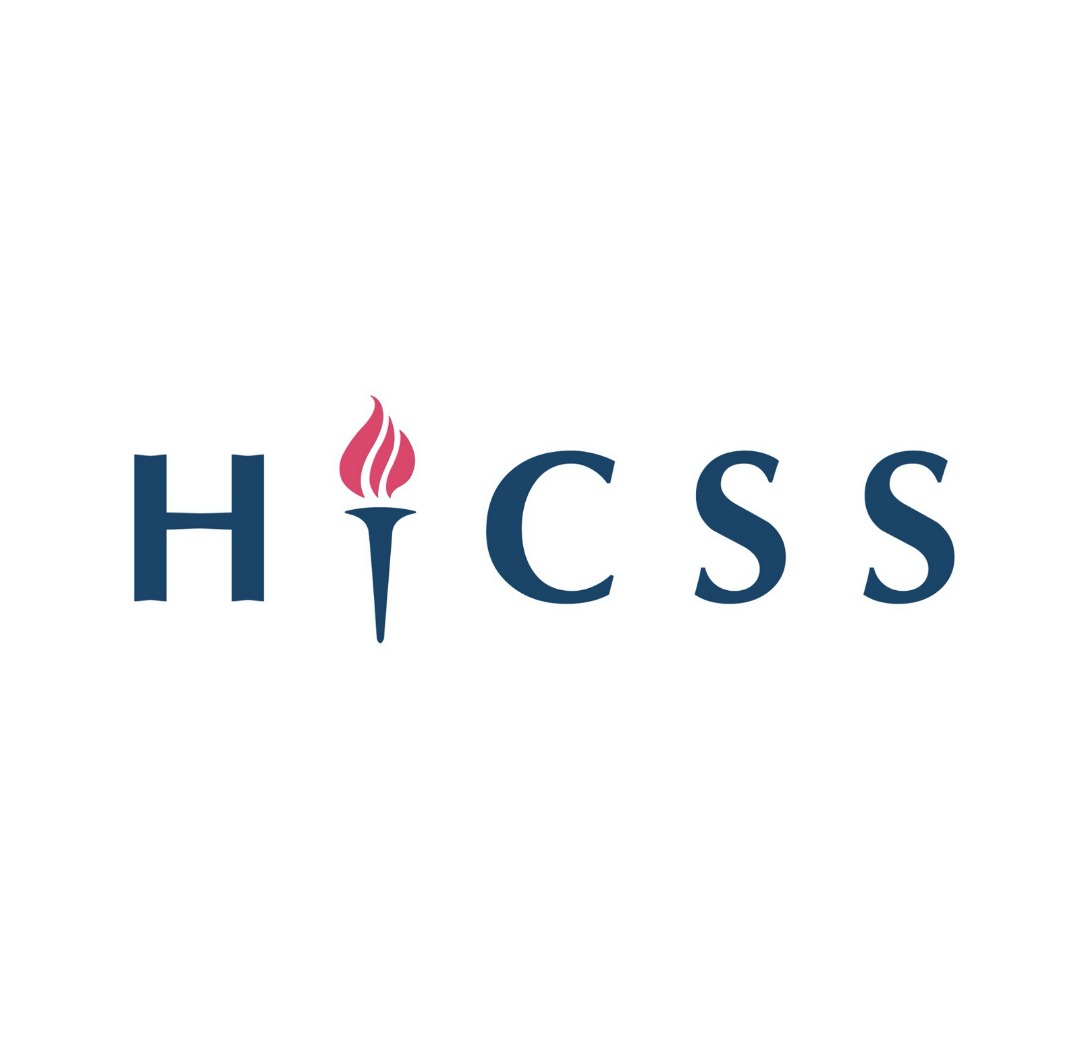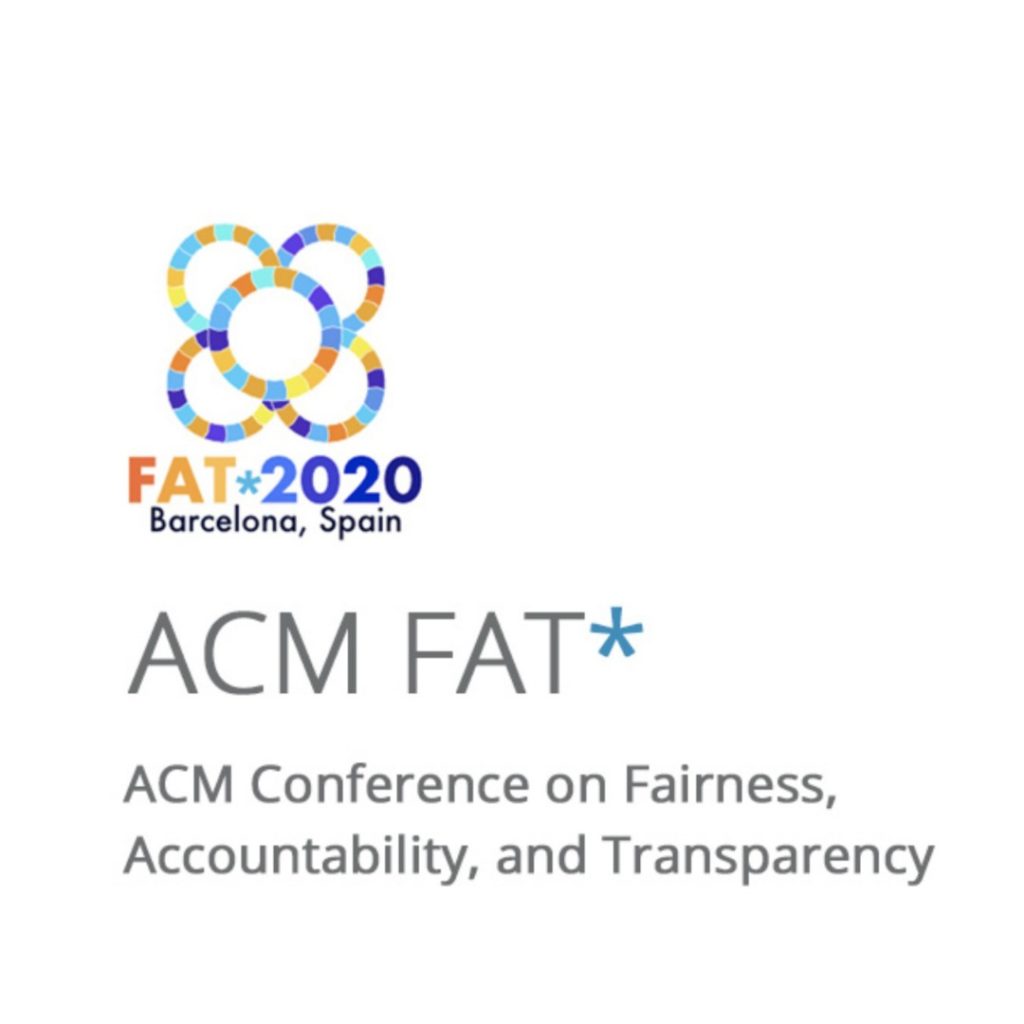
Digital Humanism in Practice: How is AI Implemented Ethically?
How is value-based engineering rolled out with ISO/IEEE 24748-7000?
Artificial Intelligence (AI) presents profound challenges and opportunities for our society. As organizations increasingly integrate AI, the imperative to design IT systems that are human-centric, participatory, and democratic becomes more pressing. This paradigm shift is encapsulated in the concept of digital humanism, which seeks to develop technology that truly serves humanity.
A milestone in this journey was the standardization of Value-Based Engineering (VBE) in 2022 through ISO/IEEE 24748-7000, the first globally ratified standard for ethical system design. This standard lays the groundwork for embedding ethical principles into AI and IT systems, fostering technology that aligns with human values and societal needs.
On June 27th, 2024, the Sustainable Computing Lab and the Institute for Information Systems and Society hosted an enlightening event at WU Vienna to explore how VBE is being implemented in practice across various organizations in Austria. The event provided a platform for sharing insights and experiences, showcasing the application of VBE in different contexts and highlighting its potential to transform AI deployment.

Event Highlights:
Welcome Address by Sarah Spiekermann, WU Vienna
Value-Based Engineering at the City of Vienna by RightmindedAI (CEO Mario Tokarz) & Martin Giesswein
Value-Based Engineering for AI at ibis acam by MSG Plaut (Svenja Schröder, Florian Wurzer)
Value-Based Dialogue Analysis for the AMS Berufsinformat by Aschauer IT (CEO Lukas Rohm & Sarah Spiekermann)
Value-Based Engineering for Data Hub Tirol by Sophisticated Simplicity GmbH (CEO Sabine Singer)
The New Person Certification Scheme of Austrian Standards by Gisela Krenn, Austrian Standards
The event underscored the practical implementation of VBE, demonstrating how organizations in Vienna and across Austria are pioneering ethical AI practices. Each presentation delved into specific projects and initiatives, illustrating how VBE principles are applied to ensure that AI systems are developed and deployed responsibly.
VBE Certification Opportunity for Lab Members
A significant announcement was made regarding the Austrian Standard Certification related to VBE. Eligible lab members who meet the requirements and pass the necessary exams will be awarded this certification at a discounted rate. This initiative aims to promote and recognize expertise in ethical system design, further embedding VBE principles within the professional community.
The event concluded with a farewell and announcements, fostering a sense of community and shared purpose among participants. Attendees left with a deeper understanding of digital humanism and VBE, inspired to contribute to the ethical development of AI technologies.
Join the Movement
As we navigate the complexities of AI, events like this serve as crucial forums for dialogue and collaboration. By embracing approaches like VBE and adhering to new standards like ISO/IEEE 24748-7000, we can improve the chances that technology evolves in a way that genuinely benefits humanity. We invite you to be part of this transformative movement, contributing to a future where AI is implemented ethically and sustainably.
For more information about upcoming events and opportunities to get involved, stay connected with the Sustainable Computing Lab and the Institute for Information Systems and Society. Together, we can build a sustainable technological future that aligns with our values.









